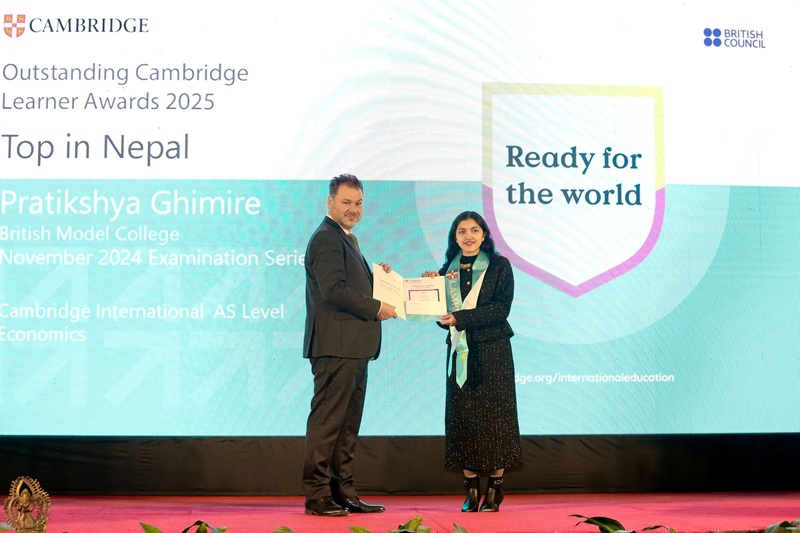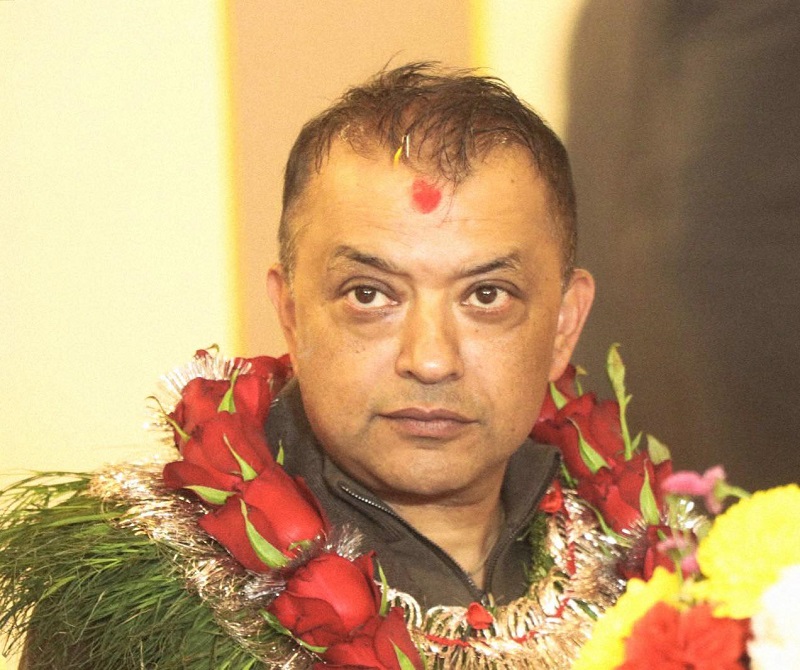Waling Goat Distribution: Empowering Women & Boosting Rural Livelihoods
13th April 2025, Kathmandu
In a significant step toward enhancing women’s economic participation, Waling Municipality-1–1 in Syangja has distributed seed goats (female and male) to female members of the Sahara Goat Farming Self-Reliant Women Farmers Group.
Waling Goat Distribution Empowering
This initiative, part of the “Partnership for Economic Prosperity” program, aims to promote sustainable livelihood opportunities for women in rural Nepal.
Key Highlights of the Goat Distribution Program
1. Economic Empowerment Through Goat Farming
Under the slogan – “Hunger is not solved by a meal, but by teaching the means to live” – the program focuses on long-term income generation rather than short-term aid. By providing goats, the project enables women to engage in productive farming, ensuring a steady source of income through breeding and selling livestock.
2. Collaborative Support for Sustainable Development
The initiative is a joint effort involving:
Waling Municipality (financial support)
Heifer Project Nepal (funding partner)
Diyalo Organization (program implementation)
This collaboration ensures that beneficiaries receive not only livestock but also training, veterinary support, and breed improvement guidance.
3. Focus on Marginalized Women
The majority of the 21 beneficiaries are Dalit women, highlighting the project’s commitment to inclusive economic growth. The program helps reduce poverty and improve social equity by empowering marginalized groups.
4. Breed Improvement & Income Growth
Dr. Roshan Basyal, Head of the Livestock Services Section of Waling Municipality, emphasized that distributing both female and male goats will help:
Enhance breed quality
Increase milk and meat production
Boost household income
Farmers are also being educated on goat health management, disease prevention, and best farming practices.
Why This Initiative Matters?
Women’s Economic Independence: By engaging women in goat farming, the project fosters financial self-reliance.
Rural Development: Increased livestock production contributes to the local economy.
Sustainable Livelihoods: Goat farming provides a renewable source of income through breeding and sales.
Future Plans & Expansion
The Waling Agriculture Development Project is actively working across Wards 1 to 7, linking more women and small-scale farmers with income-generating activities. With continued support from local authorities and NGOs, similar initiatives are expected to expand, further strengthening Nepal’s agricultural sector.
Conclusion
The goat distribution program in Waling is more than just aid—it’s a transformational approach to poverty alleviation. By equipping women with the tools and knowledge for sustainable farming, the project ensures long-term prosperity for rural communities.
For more: Waling Goat Distribution Empowering







